“Injustice anywhere is a threat to justice everywhere.”
– Rev. Dr. Martin Luther King Jr.
The death of Laquan McDonald, the 17-year-old Black male killed by 16 shots from policeman Jason Van Dyke’s gun, has changed Chicago politics and hopefully the police department.
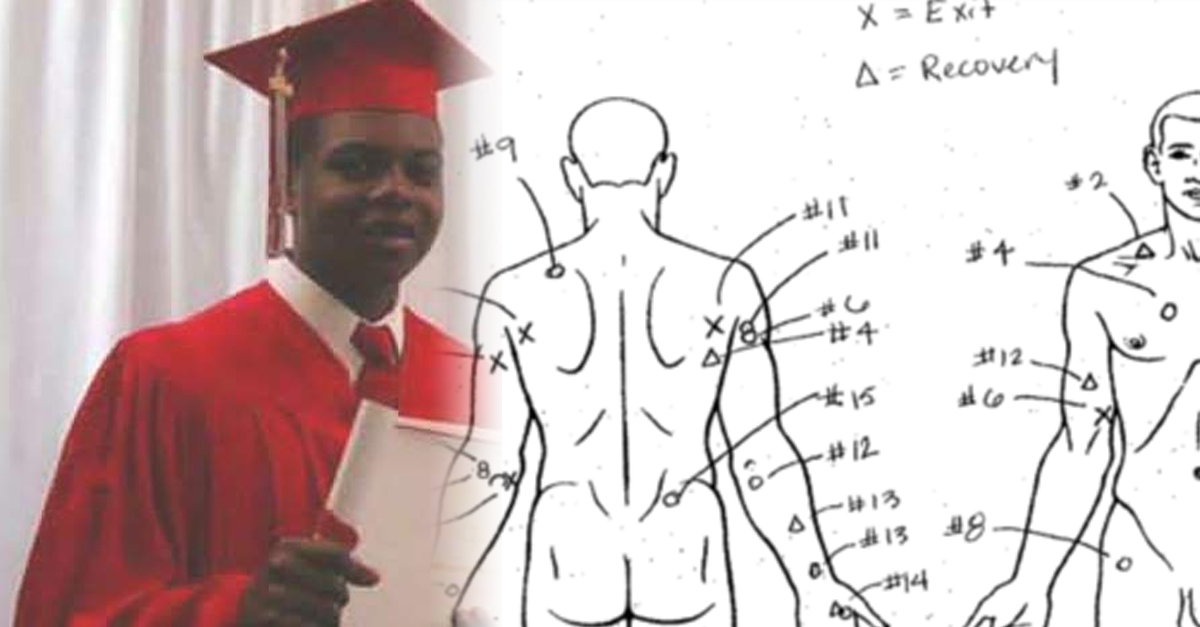
The case has received national attention and I have read numerous newspaper articles and watched national news on this critical case, but not one time have I heard or read a newscaster or writer call it what it is. RACISM. No one has called it what it really is.
Laquan represents the young Black male today and reflects history. That’s why so many are so passionate about this case. In 2019, Black men all over the United States are still getting shot down, shot in the back, by white policeman. And to what consequence?
This is the essence of the case of Laquan. His story affects us all and the police penalty reflects the reality of the American judicial system. Somehow, the white man is not much penalized for the Black lives that he has disrupted and brutalized. Somehow, Black life is minimized.
Where is the justice? Does it exist? That’s why most Black people freeze when they are stopped by the police, because you never know how the encounter will turn out. This is why people have “the conversation” with their children, particularly Black boys, around the age of 12, to tell them to be submissive to the police at all cost. You just don’t know when the minor incident blows up and out of proportion.
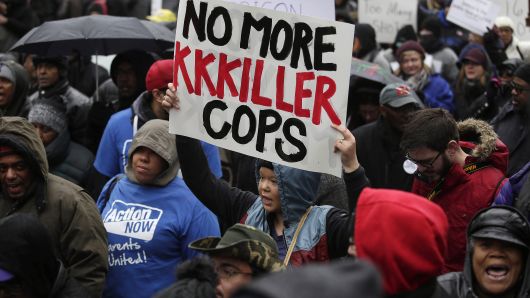
Some White policemen fear the young Black male. This is not a new American phenomenon. Racial terror is an American marker. Too often in American history, the white male has suppressed, oppressed and just outright been mean to Black men. Sometimes the white male has killed the Black man, just because and/or for minor reasons. This has happened again and again.
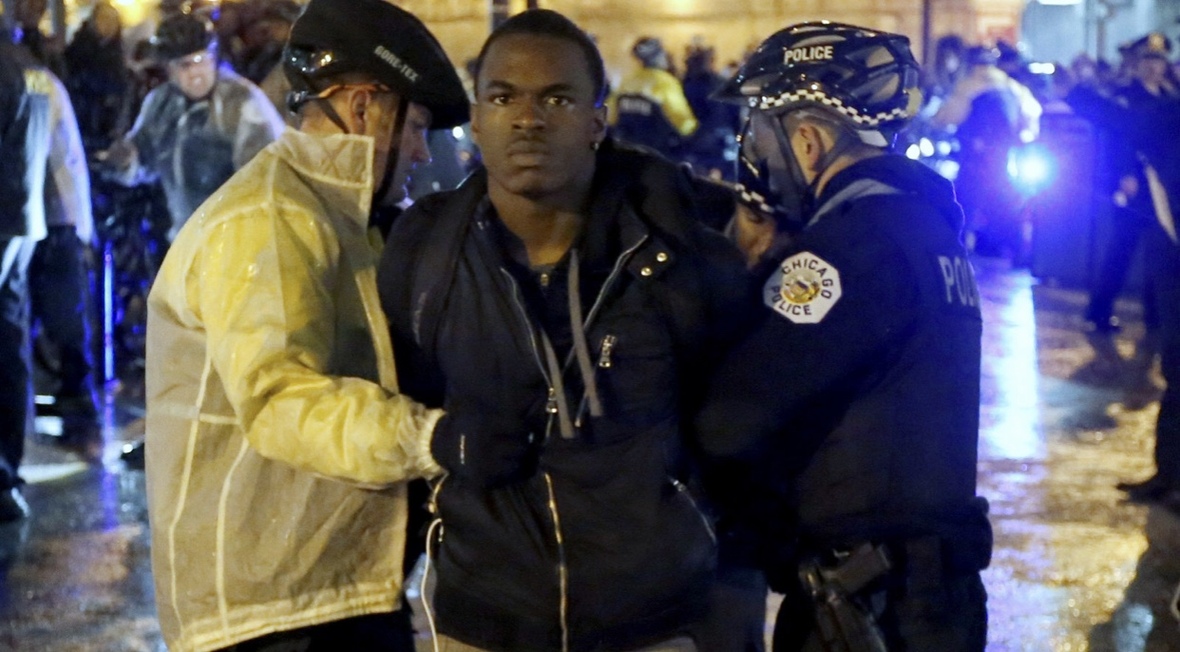
Unexampled Courage
There’s a new book called Unexampled Courage: The Blinding of Sgt. Isaac Woodard and the Awakening of President Harry S. Truman and Judge J. Waties Waring, by Richard Gergel. The incident is said to have changed the course of America’s civil rights history.
Sgt. Isaac Woodard served in the Pacific Theater during World War II and won a battle star for unloading ships under enemy fire in New Guinea. Mustered out of the Army in February 1946, the 26-year-old- African-American was still in uniform when he boarded a Greyhound bus in Augusta, Georgia on his way home to South Carolina.
The book says that when Woodard asked the white bus driver to use the bathroom at an upcoming stop, the driver rudely dismissed him. Woodward stood up for himself, telling the driver, “Goddamn it, talk to me like I am talking to you. I am a man just like you.”
The bus driver stopped the bus in Batesburg, South Carolina and called for the police. Two officers arrived and pulled Woodard off the bus. One of them brutally assaulted him, grinding the butt end of his nightstick into Woodward’s eye sockets, blinding him in both eyes. Nobody “saw” the incident and of course the guilty policeman was not tried or even accused.
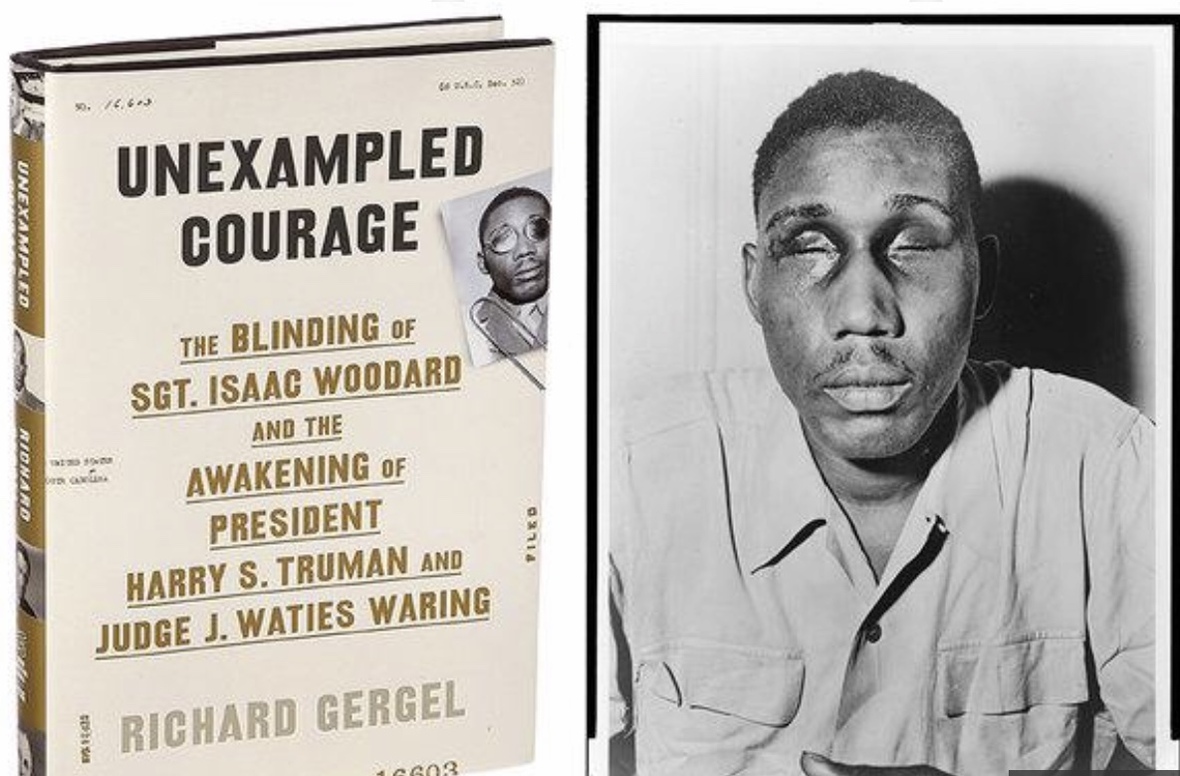
There are so many stories like this in the history of America.
Why did Van Dyke empty his gun into young McDonald and attempt to reload before being calmed down by fellow officers? Why did the fellow officers cover up what really happened?
Call it the “code of silence” that exists among policemen as a measure of protection amongst them. But the real deal is the “code of racism” existing among white men, who simply discount the life of a Black man.
Slight racial progress was made, but justice was not done.
Up Pops The Video
The case of McDonald was “business as usual” for Chicago police until the dashcam video popped up. And it was young activists William Calloway and Brandon Smith who petitioned for the release of the dashcam tape. It revealed the truth and a different story than the police were telling.
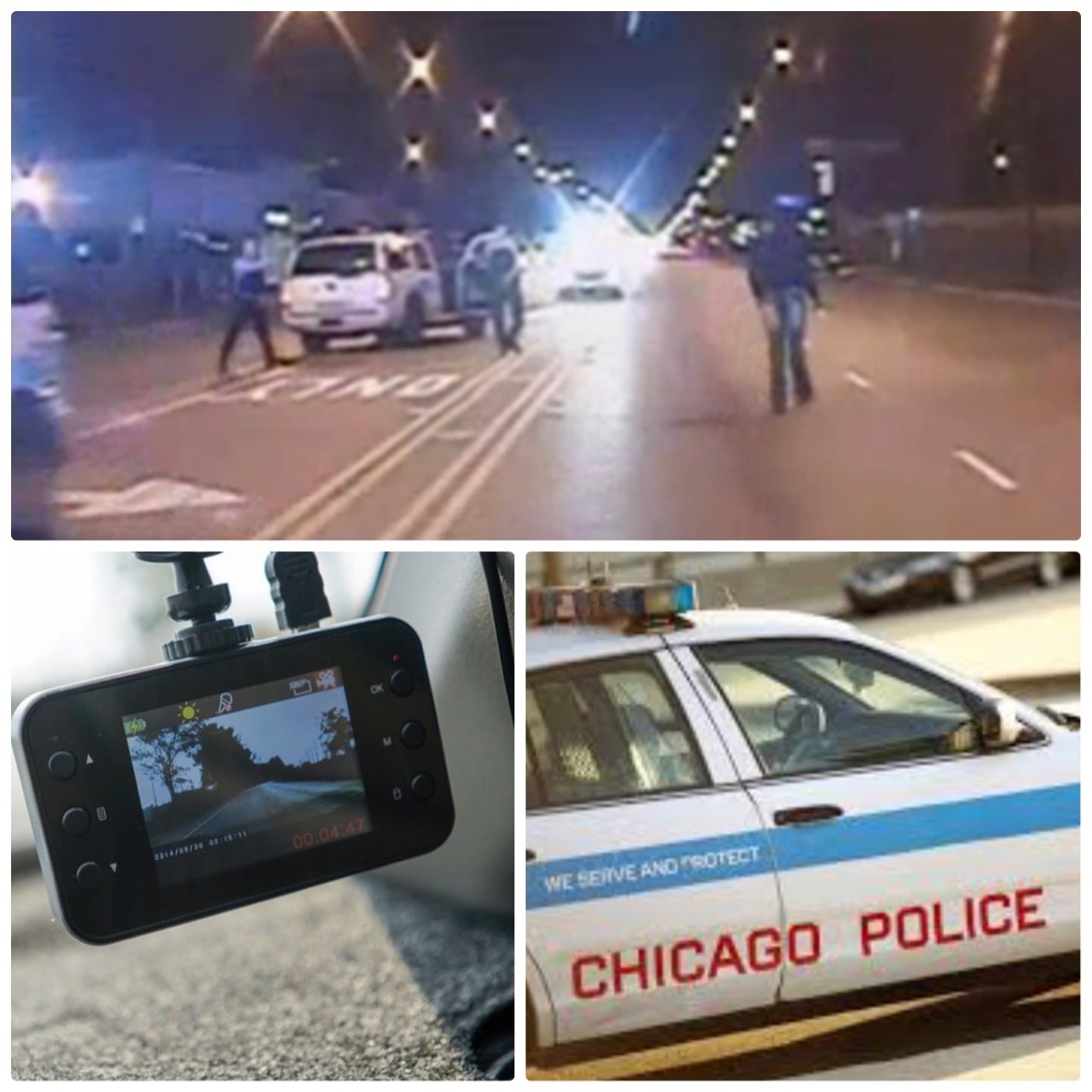
It was the young activists that took to the streets with the cry and the unity of “16 shots” that made the case blow up and not go away, with national and global eyes on it. They insisted, the activists did. It was not a politician, even those with TV commercials claiming it.
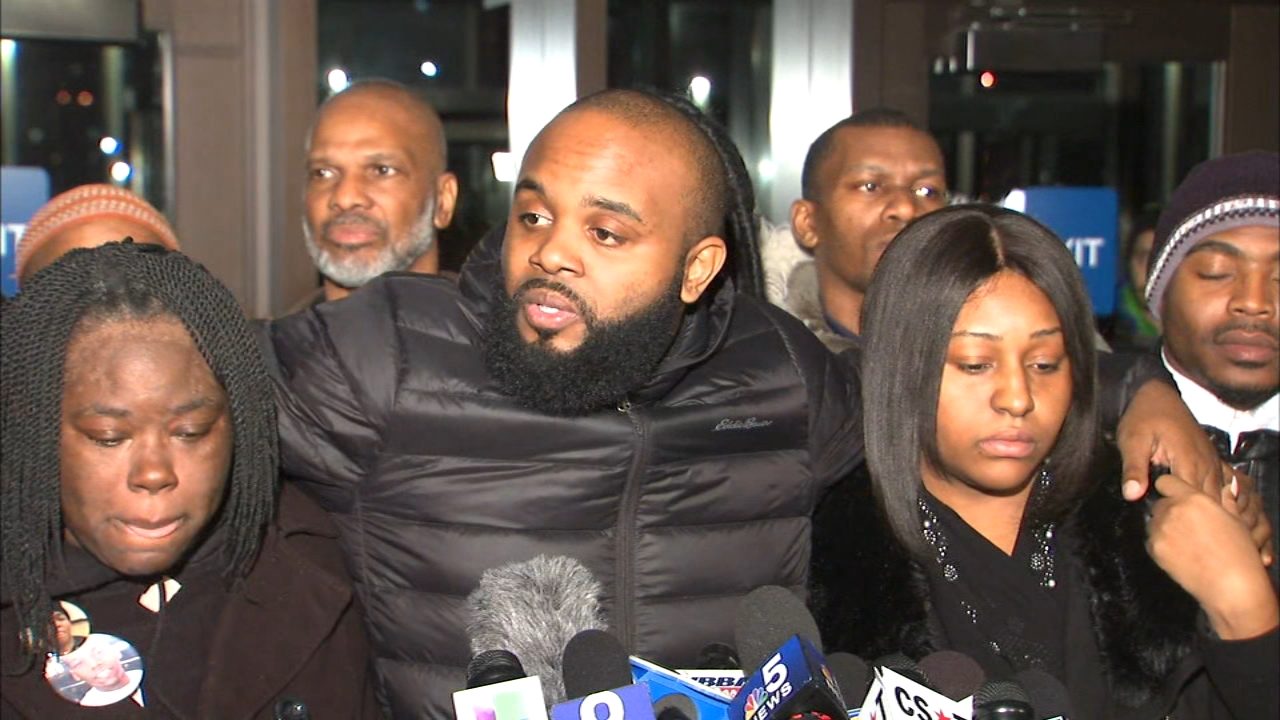
The community arose, screaming and speaking to the injustices right in front of our eyes. Mayor Rahm Emanuel stepped down because his hands were wrapped around the case. He paid the McDonald family a hefty sum of $5 million that unanimously passed the City Council and Rahm held the tapes until after his second mayoral election.
But a third election was not in his future. Rahm’s handpicked police superintendent, Garry McCarthy, became the political scapegoat. None of the Black politicians went to the courtroom for Van Dyke’s trial; it was the activists that were the watchdogs for justice.

Interesting Rulings By The Judges
The day before Van Dyke was sentenced, the three Chicago police officers on trial for covering up Van Dyke’s murder of Laquan received their verdict. The judges ruled interestingly in both cases. Even though the guilty parties were in the courtroom, RACISM prevailed in full view.

Judge Domenica Stephenson acquitted the three officers who were eyewitnesses to the shootings. The Code of Silence prevailed. And Judge Vincent Gaughan got creative in his sentence with Van Dyke.
He did not consider the 16 guilty charges of aggravated battery, where Van Dyke could have gotten the most jail time for his crime. He could have actually been jailed for each shot at six years each, up to a possible 96 years in jail or basically, life.
Instead, the judge took the least of the charges, second-degree murder, which carried a four-to-20 year penalty, and dismissed the others. Judge Gaughan sentenced Van Dyke to a mere 81 months, or six years and nine months, in jail and Van Dyke can be released for good behavior after serving half the time of about three years and change.
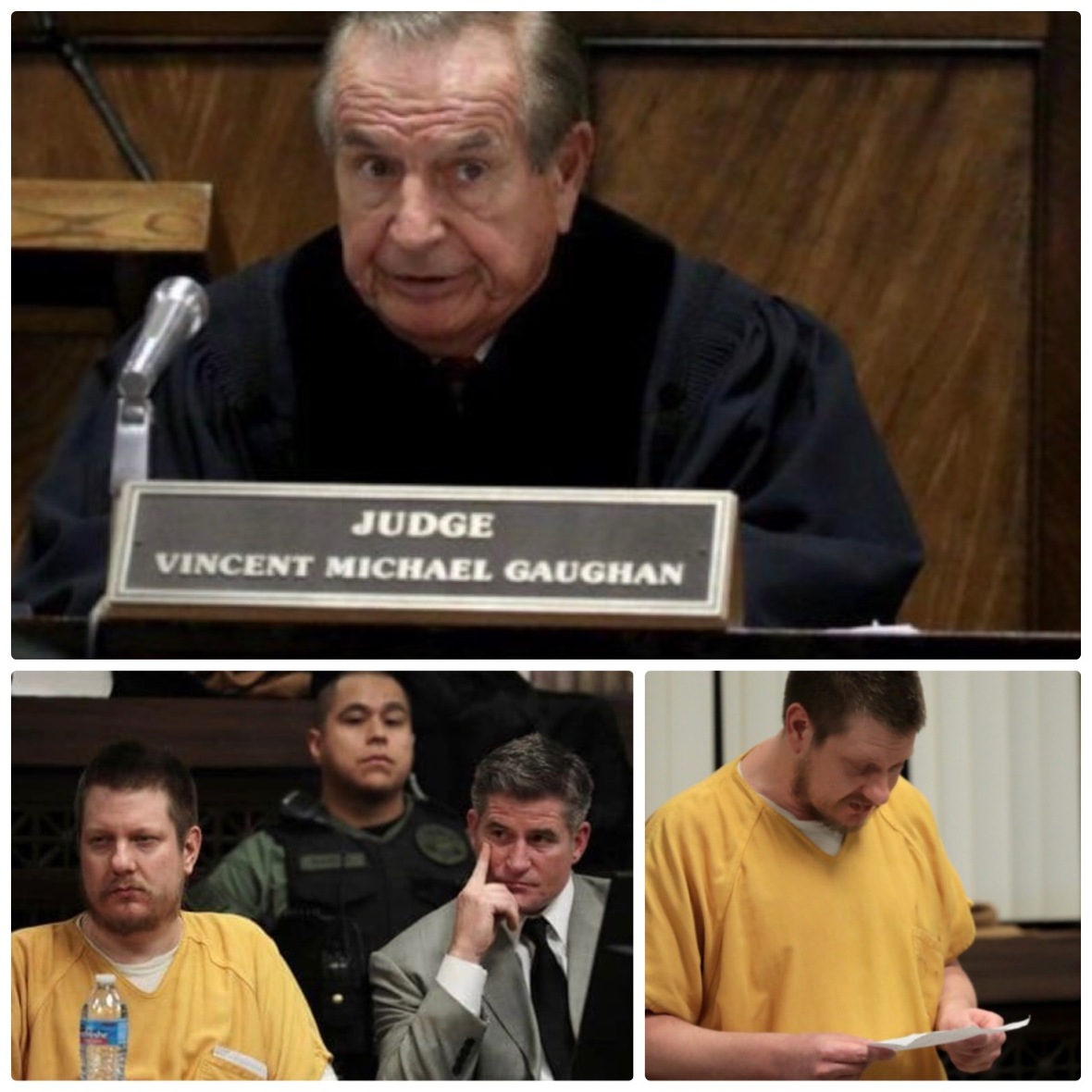
This sentence is absurdly light and, according to Van Dyke’s lawyer, actually made Van Dyke “happy.” He gets less jail time for murder than some crooked politicians do for corruption.
The judge ruled at the sentencing hearing after several Black men spoke to the harsh and brutal arrests and police brutality of Officer Van Dyke in other routine, minor traffic cases. They had all filed complaints against Van Dyke with the Chicago Police Department, to no avail.
One 49-year-old Black man, Edward Nance, was awarded $350,000 by a federal court in a civil suit for Van Dyke’s bad behavior, as he damaged his shoulders when Van Dyke handcuffed him and threw him on the floor of his squad car. Another man had Van Dyke’s gun pointed at his temple during a traffic stop.
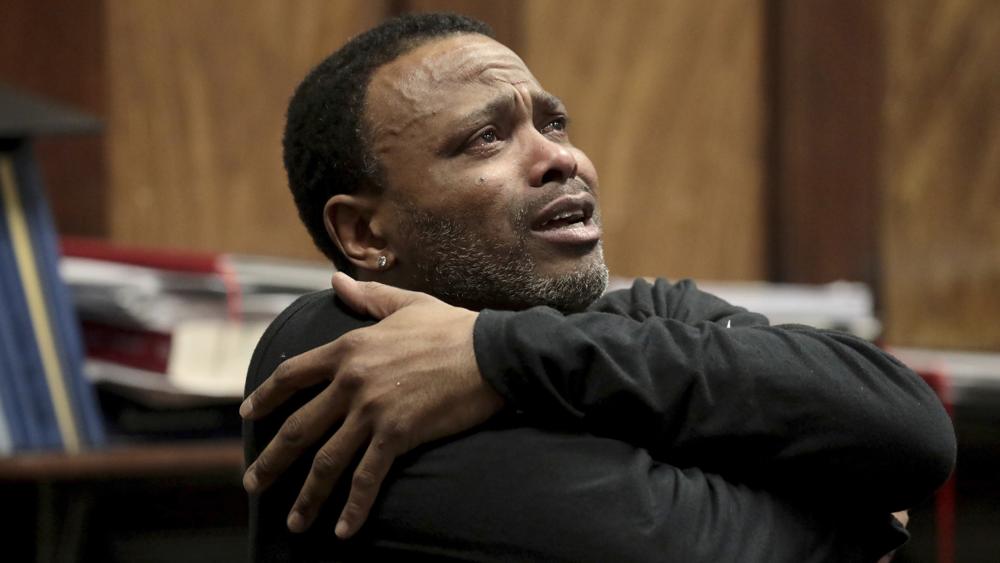
On the defense’s side, the judge heard the cries of Van Dyke’s wife and daughter and a string of character witnesses emphasizing what a great guy the policeman was, apparently outside of when he was at work routinely busting young black men’s heads. On the plaintiff’s side, only one victim impact statement was read…and it came from the victim himself.
Laquan’s great uncle Rev. Marvin Hunter and the McDonald family crafted a message in the voice of Laquan McDonald, which Hunter read to the assembled court. In it, Laquan talked about how his life had played out, the mistakes of youth he had made, but how things were beginning to turn around. That he was in school getting good grades and was about to be reunited to living with his mother, who was overcoming her own problems.
The statement continued that the promising new life Laquan was looking forward to changed because this callous officer, Jason Van Dyke “thought he would become my judge, jury and executioner. I am a 17-year-old boy unable to speak in my own voice because I am the victim of murder in the second degree. My death has brought inconsolable pain to my mother and sister, my family. Why should this person who ended my life forever, who has never asked for forgiveness, be free when I am dead forever?”
A lawyer doing analysis for CLTV said that during all his years of practice, he had never heard an impact statement delivered in that manner and called it pretty effective. Not enough to sway the judge apparently.
What this outcome proves is that judges matter. The judge has subjective power and the court rule is not firmly set. This judge considered the anguish on the side of Van Dyke’s family. Another judge might have taken into account the testimony describing the pattern of thuggish, racist behavior exhibited by Van Dyke in his police duties toward young Black men, as well as the anguish to the dead teen’s family, and sentenced differently.
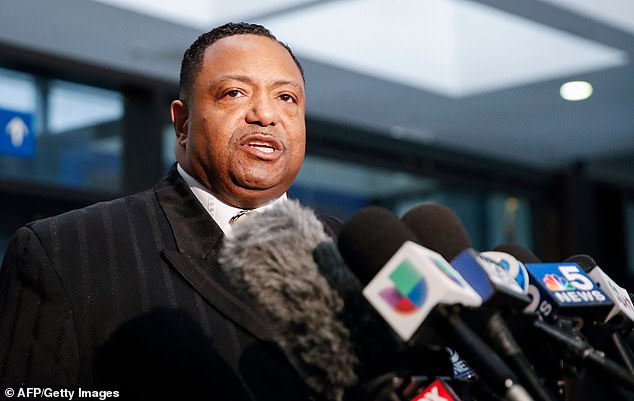
Racism Prevails
Racism prevails. Let’s remember history and not be so surprised. Every generation creeps on justice. This case got to the courts with full public viewing. Some justice, a little bit, was done.
But think about the nearly 5,000 lynchings that occurred in America, mostly in the South, after Sunday church services, where Black men hung from the trees and were mangled and had testicles cut and removed, and women whose pregnant stomachs were cut open. Remember the history. NO ONE WENT TO COURT FOR NOT ONE OF THESE CASES.
Think about the 1955 Emmett Till case, where the town knew Roy Bryant and JW Milam killed young Emmett in Money, Mississippi, yet the court ruled the white men were innocent of charges of murder that they eventually admitted to in a paid interview with Look Magazine.
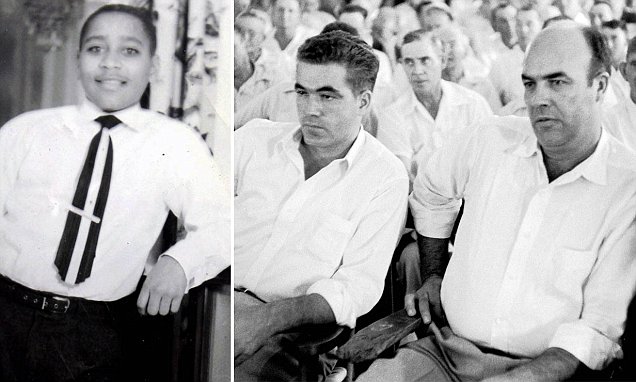

The white killers said they wanted to show “niggers” their place. Emmett Till was their example. And then the white lady, Mrs. Carolyn Bryant, came forth decades later in 2017 to say she had lied about Emmett touching her.
Think about the Black soldiers who came home from fighting World War II, like Sgt. Isaac Woodard, and still couldn’t sit at the front of the bus even in uniform, and were treated unfairly and brutally in some cases. Think about it as we approach Black History Month.
Freedom in America, even in the courtroom, is abstract for Black men. The jury, the judge, do not always rule fairly. At the end of the day, the sentence often does not match the crime for the Black accused. But for the white convicted, like Jason Van Dyke, the sentence is far too light.
Maybe the judge was thinking about maintaining peace in Chicago – after all, he could have given Van Dyke no time other than probation. Maybe he was thinking about the politics of Chicago. Maybe he was thinking about the cover up that leads to City Hall and a mayoral election. Maybe he was thinking about “niggers.” Maybe the judge just practiced good old American racism.
At any rate, the Laquan McDonald case made history as slight racial progress was made, but justice was not done.
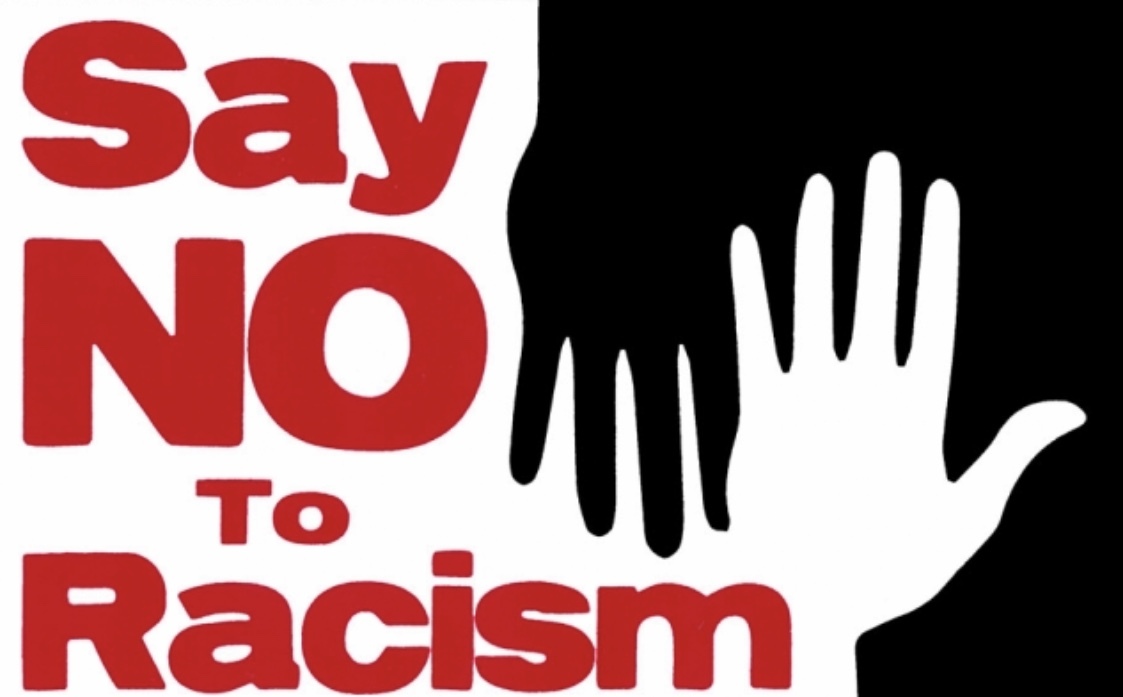


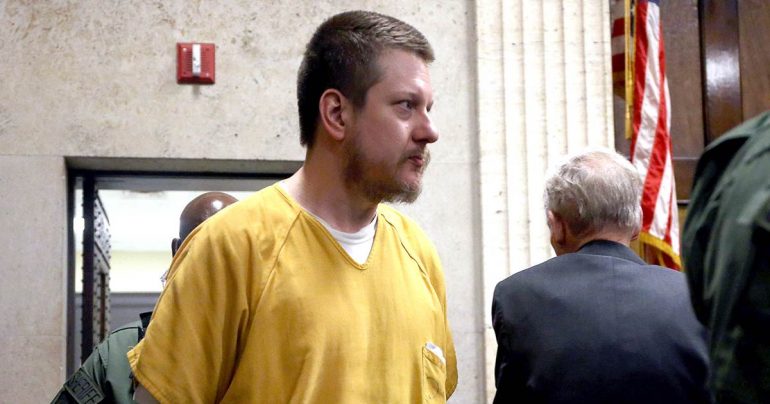

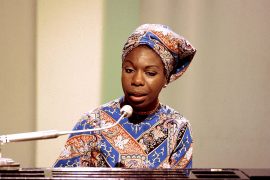


Why don’t we ever see articles about how 47% of all violent crime in America is committed by 3% of the population? Every. Single. Year.
Great point, you make. We posted your comment. Thank you